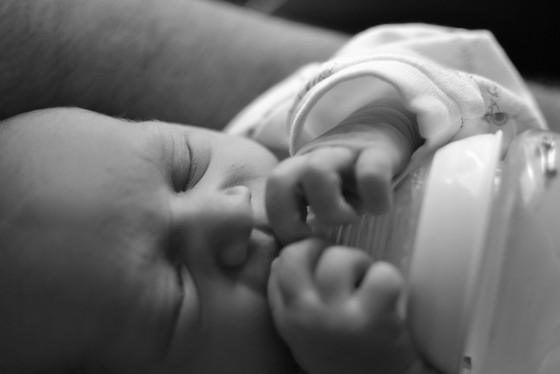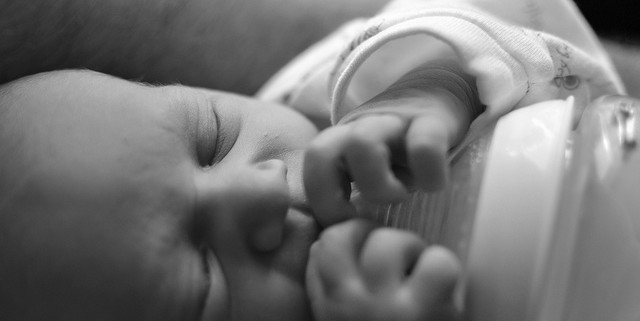Drinking And Breastfeeding: Is It Safe?

Contents
How Breast Milk Is Made
Formula moms don’t have to worry about this issue – you’re free to drink (responsibly, of course) as soon as delivery is over and your doctor clears you for normal activity. Breastfeeding moms, however, may have different concerns. When you’re pregnant, alcohol passes into your bloodstream and through the placenta into the baby’s bloodstream, which is why it can cause health problems. Is drinking and breastfeeding dangerous? Can alcohol pass into your breast milk and affect the baby?
To find the answer to that question, we need to know a little more about how breastfeeding works. By the time you’re born, you already have a full system of milk glands and ducts throughout your breasts. As you grow up, you’ll add more supportive and fatty tissue around those glands and ducts. When you hit pregnancy, your hormones will kick into gear and significantly expand the milk glands – your breasts may grow by up to 1.5 pounds each!
Those milk glands are actually clusters of tiny sacs – the sacs are called alveoli, a cluster of alveoli is called a lobule, and a cluster of lobules is called a lobe. The lobes sit at the back of your breasts, near the chest wall. There are typically 15-20 per breast and each one is attached to a milk duct. Those ducts merge as they get closer to the nipple until there are only 8 or 9 ducts through the nipple itself.
The alveoli pull in proteins, sugars, and fats from your bloodstream and turn it into breast milk, which gets squeezed down the milk ducts by the “let-down reflex” and heads to the nipple to feed your little one. You’ll actually start producing breast milk fairly early in pregnancy, so you can feed your little one even in the event of a premature delivery. After delivery, your milk production will kick into high gear and will increase the more your baby breastfeeds.
Alcohol And Breast Milk
So, breast milk is made in milk glands from proteins, sugars, and fats drawn from your bloodstream. Can alcohol get into it?
The short answer is: yes. Alcohol does pass into your breast milk from your bloodstream. The long answer, of course, is more complicated. Alcohol is present in your breast milk in about the same concentration as in your blood – so if your BAC is a 0.08, so is your breast milk. It then gets processed through the baby’s digestive tract, so it’s equivalent to a lot smaller amount of alcohol than you actually drank. That said, babies have immature livers and process alcohol about half as fast as adults do. So babies don’t get much alcohol through breast milk, but can’t process it as well as adults.
So, is it dangerous? Clinical results are murky, at best. One study found that the amount of alcohol a baby can get from breast milk is so low that it’s clinically irrelevant, claiming that drinking and breastfeeding is fine. Another found that babies consume up to 20% less milk after their mothers drink alcohol and another found that babies spent 8 less minutes in REM sleep after drinking breast milk laced with alcohol. In one of the most famous studies on drinking and breastfeeding, researchers found that the babies of mothers who drank at least one alcoholic beverage per day while nursing scored lower on motor skill tests than babies of mothers who did not drink. The babies were tested at 1 year of age, but a followup study 6 months later failed to reproduce the results.
Is Drinking And Breastfeeding A Bad Idea?
When it comes to alcohol and the development of your little one, it’s probably better to be safe than sorry. That said, you don’t have to teetotal while you’re breastfeeding. Experts recommend planning your drinking so as to minimize the amount of alcohol that might be in your breast milk. That means having a drink on a full stomach, right after a feeding, so you have at least a couple of hours for your body to process the alcohol before the next feeding. You can also pump in advance so that you can bottle feed your little one if you’re planning to indulge. The baby is most vulnerable to alcohol during the first 3 months, so you’ll want to be especially cautious during that time.
You may have heard that you need to “pump-and-dump” breast milk after drinking, but that won’t actually speed up the removal of the alcohol from your system. You may, however, want to pump and dump just to relieve the pressure if you’re going to miss a feeding.
You may also have heard that alcohol can affect your milk production. Dark beer, according to the old wives’ tale, can help boost your production. There is some evidence to suggest that barley can stimulate the production of prolactin, which in turn stimulates milk production. However, alcohol actually inhibits the let-down reflex, meaning you’re releasing less milk. Note that you can get barley in non-alcoholic beer or in food, so beer probably isn’t the best option if you’re worried about your milk production.
The Bottom Line
While alcohol definitely makes it into your breast milk, the jury seems to be out on whether there’s enough of it to affect your little one and on what those effects might be. The good news is that drinking and breastfeeding seems to be much less dangerous than drinking while pregnant. If you want to imbibe, talk to your doctor about how to do it in a way that’s safe for both you and your little one.
Please note that binge-drinking and alcoholism may have a more substantial effect on breast milk; talk to your doctor about your drinking habits and what effect they may have on your little one.
Image Credit and License








Leave a Reply
Want to join the discussion?Feel free to contribute!